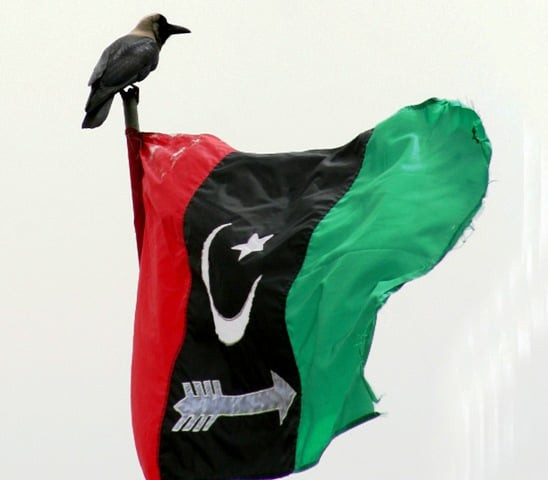PPP members to oppose nazim system at party moot
Party leadership seeks to calm seething dissent from back-bench MPAs in Sindh.

The Pakistan Peoples Party may have appeased its uneasy ally, the Muttahida Qaumi Movement, by shelving the commissionerate and 1979 local government systems to return to the 2001 version, but now its own members are crying foul.
The internal rift is so bad that party MPAs have decided to vote against the ordinance to restore the 2001 system if it is tabled in the upcoming session of the Sindh Assembly.
Even members of the federal cabinet from Sindh were sharply critical of the deal, with Law Minister Maula Buz Chandio going so far as to call his predecessor Babar Awan a ‘viceroy’ trying to dictate policies to Sindh.
Within Sindh, meanwhile, the atmosphere appears tense within the ruling PPP.
“The chief minister and parliamentary leader of our party were champions when it came to repealing SLGO 2001 and restoring the commissionerate system,” a PPP MPA told The Express Tribune. “Now they have taken a U-turn. But we will not accept the decision and will oppose it at every forum.”
Given the situation, the PPP has convened a Sindh council meeting on Thursday (today) to try and persuade its members to back its decision. PPP Sindh president, Chief Minister Syed Qaim Ali Shah, will head the meeting.
Sources in the party told The Express Tribune that most of the local leaders have decided to register their protest against the government’s decision to roll back the commissionerate system and Sindh local government ordinance of 1979.
The MPAs are angry that first the party told them to plug the commissionerate and 1979 systems and then backtracked a month later. The MPA, who chose to remain unnamed, recalled how during one of the PPP parliamentary party meetings, one of their lawmakers had argued with the CM in favour of restoring the 1979 system.
“Do you want to support the Musharraf system which is against the spirit and wishes of the people of Sindh,” the CM had snapped. After that, the MPA had no choice but to accept it. “The party leadership persuaded us and we also mobilised our voters about the significance of the commissionerate and old local government system, so how can we accept the new one,” he asked.
A senior PPP parliamentarian, MPA Sardar Ahmed Khan Pitafi, who is also the district president of PPP Ghotki, said that a majority of PPP MPAs were opposing SLGO 2001. “We distributed sweets in our areas after the bills were passed in the Sindh Assembly,” he said. “Therefore we will not accept the SLGO.” He said he would not oppose it at the Sindh council meeting, but would use his vote against it during the assembly session.
For such senior leaders it is difficult to take dictation on Sindh’s matters from federal ministers such as Babar Awan and Rehman Malik, who swoop in to Karachi to make decisions for the province. “We have to go back to our constituencies to get the votes of our people, who have become aware about every political update,” Pitafi said. “We have no answer until or unless the old system is restored.” The recent decision was made just to appease “someone”, he added in a veiled reference to the MQM.
Even PPP MPA Humera Alwani said that during the Sindh council meeting she would also support the 1979 system because parallel systems were ‘not acceptable’.
She also pointed out a technicality; the ordinance issued by the governor to revive SLGO 2001 has no legal grounds because the old local government system of 1979 was implemented through an act of the assembly. “We passed two bills to restore the commissionerate system along with the 1979 system, so how can you issue an ordinance and implement it in Karachi and Hyderabad?”
One man to argue otherwise was Agha Siraj Durrani, the minister for local government, who had also championed the commissionerate system. He now said that they had done their job in public interest. “People who raised their voice against the government have no vote bank and the people of Sindh have rejected them,” he said. “The system is good and we will make amendments in consultation with our coalition partners.”
It is also unclear how the PPP members plan on voting against the decision of their own party leaders, since the 14th Amendment to the constitution prevents legislators, under the penalty of disqualification from the assembly, from voting against their party’s stance, as defined by the party leaders. (With additional reporting by Zia Khan in Islamabad)
Published in The Express Tribune, August 11th, 2011.



















COMMENTS
Comments are moderated and generally will be posted if they are on-topic and not abusive.
For more information, please see our Comments FAQ